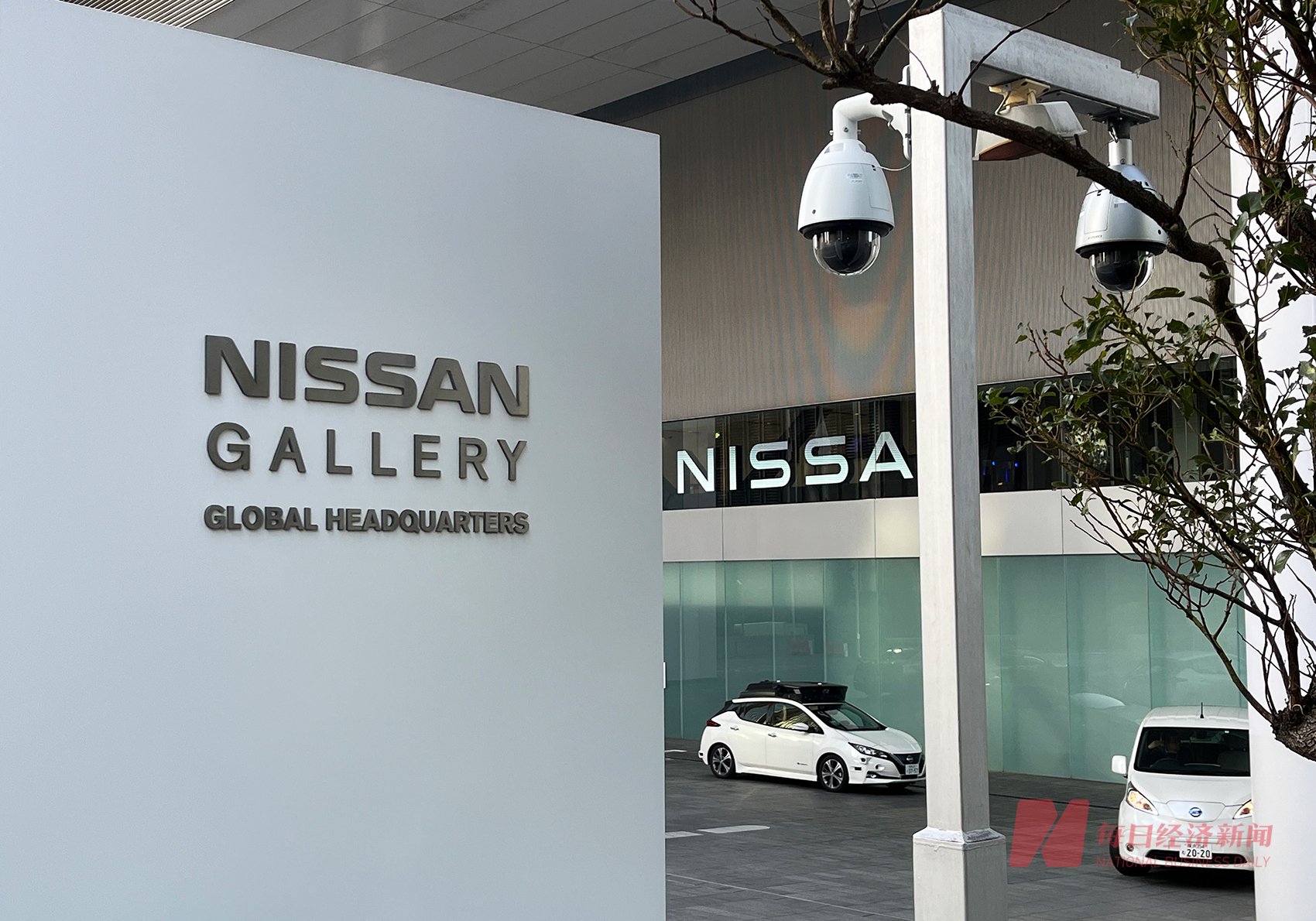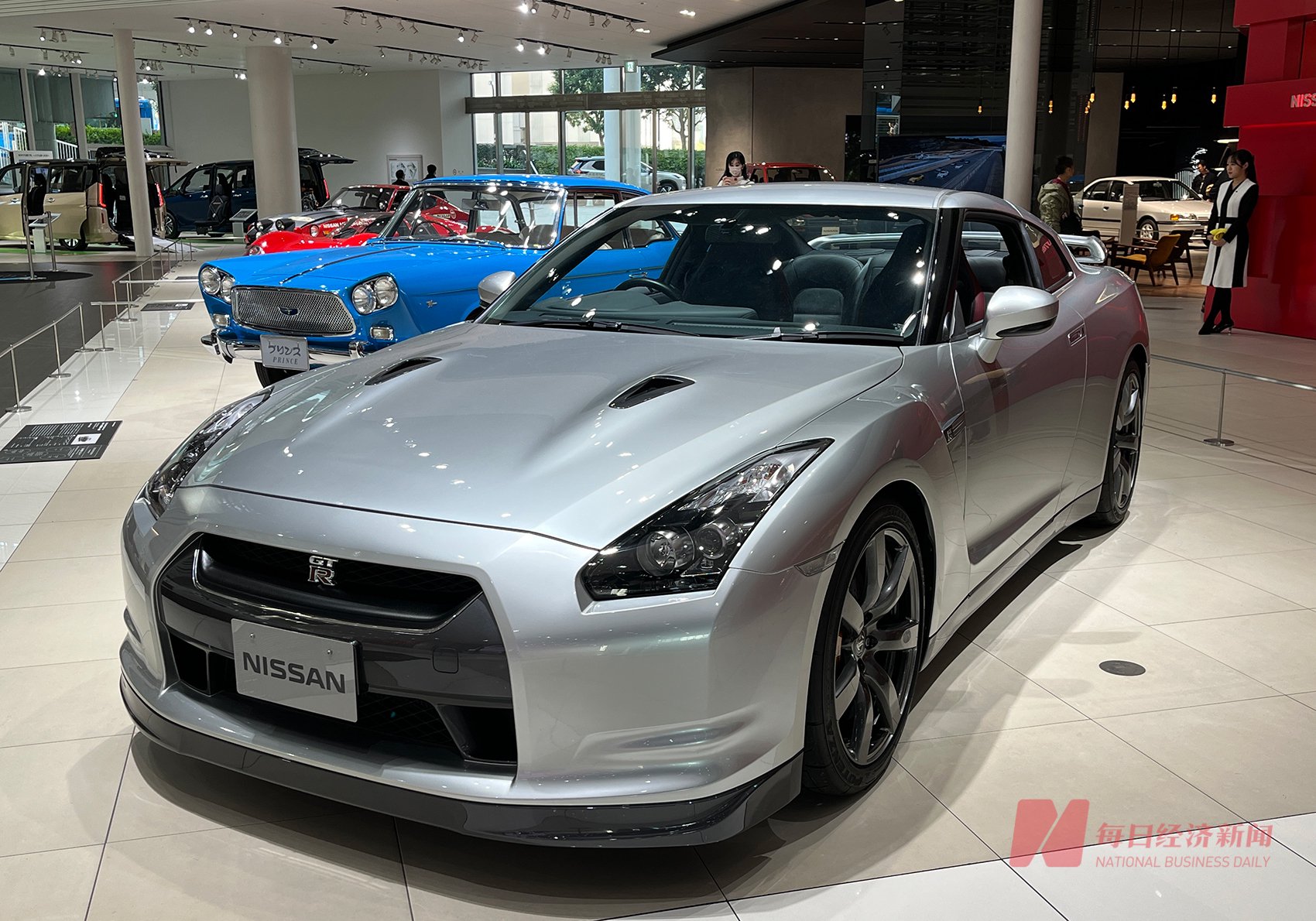Nissan seeks an anchor investor. Its long-term partner, Renault, sells its shares in Nissan. Sources say Nissan looks for a stable long-term shareholder to replace part of Renault’s stake. Nissan may even collaborate with other Japanese automakers, including Honda. The company undertakes restructuring to tackle declining sales in China and the U.S. A Nissan executive stated, “We have 12 to 14 months to survive.” In response to these reports, Nissan told the Daily Economic News, “We do not comment on speculative reports.” Visible Alpha predicts that by 2026, Nissan and Honda will sell nearly 6 million cars combined. Their key markets align closely. A merger could reduce expenses in management, procurement, production, and R&D. Previously, Nissan announced it faces challenges in key markets. The company implements several measures, including cutting sales, administrative expenses, and product costs, and optimizing its asset portfolio. Nissan takes urgent steps to reverse its performance. It plans to reduce global production capacity by 20% and lay off 9,000 employees worldwide.
Nissan CEO Makoto Uchida announced that he will voluntarily forgo 50% of his monthly salary starting in November 2024. Other executive committee members will also voluntarily reduce their salaries. Additionally, Nissan will lower its stake in Mitsubishi Motors from 34% to about 24%. Nissan’s performance in the capital market remains weak. On November 29, Nissan’s stock fell by 3%, reaching a four-year low. Moody’s downgraded Nissan’s outlook from “stable” to “negative,” confirming its “BAA3” rating. Fitch also adjusted Nissan’s outlook to “negative,” confirming its “BBB-” rating. In the first half of fiscal year 2024, Nissan reported sales of 5.98 trillion yen, a 1.3% year-on-year decline. Operating profit fell by 90.2% to 32.91 billion yen. Net profit dropped by 93.5% to 19.22 billion yen. Due to these issues, Nissan revised its expectations for fiscal year 2024. It lowered sales revenue from 14 trillion yen to 12.7 trillion yen. Operating profit dropped from 500 billion yen to 150 billion yen. The global sales target decreased from 3.65 million vehicles to 3.4 million. Nissan’s declining performance relates directly to poor sales in China and the U.S. Reports indicate that hybrid vehicles gain popularity in the U.S., but Nissan has not invested in this type. In China, intense competition from electric vehicles has led to a lack of effective strategies, resulting in declining sales. Official data shows that from January to October 2024, Nissan’s cumulative sales in China reached 558,200 vehicles, a 9.98% decrease compared to the previous year. In October 2024, Nissan’s sales in China, including passenger and light commercial vehicles, totaled 61,200 units, down 16.51% year-on-year.
Honda faces operational challenges as it becomes a key player in the acquisition rumors. Its automotive division reports a mere 3.6% operating profit margin, significantly lower than the 18% of its motorcycle sector. Analysts predict only a slight increase of about 1 percentage point in the automotive margin by March 2026. Reports indicate that in 2019, the Japanese government pressured Nissan and Honda to consider a merger. In March this year, Nissan and Honda announced plans to explore a strategic partnership. They aim to jointly produce electric vehicle components and develop AI technology for automotive software platforms. Chinese brands have accelerated their global market expansion. Their diverse electric products and stronger cost control have squeezed the market share of Japanese automakers. This trend is especially evident in Southeast Asia and China, where Japanese companies face significant challenges. Data shows that from 2019 to 2024, Japanese car market shares in China and Southeast Asia have declined sharply. Nissan announced a major layoff plan in Thailand, expecting to cut around 1,000 jobs by next fall. Compared to 2018, Nissan’s sales in Thailand dropped by three-quarters in 2023. Meanwhile, Chinese companies like BYD, SAIC MG, and Great Wall Motors have quickly gained market share, benefiting from Thailand’s EV purchase subsidy policies, becoming strong competitors to Nissan. In China, the market share of Japanese brands has also shrunk. As of October this year, the retail share of Japanese brands in the domestic market stands at 13.9%. Their retail shares from 2020 to 2023 were 24.1%, 22.6%, 20%, and 17%, respectively. Against this backdrop, Nissan must devise strategies to turn its fortunes around, testing the management’s acumen.

